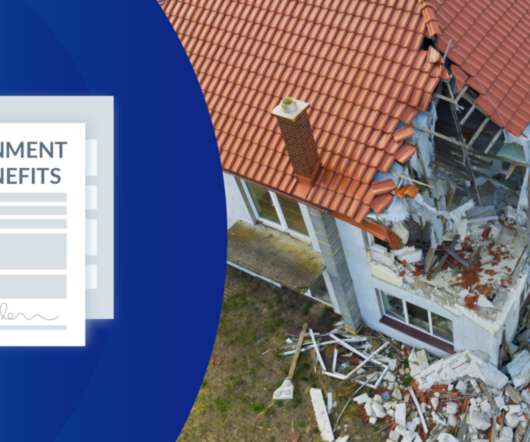Does GC Insurance Cover Subcontractors?
Levelset
SEPTEMBER 23, 2022
General contractors know these risks when they take the role. Luckily, that’s what insurance is for, right? Does a general contractor’s insurance cover their subcontractors’ accidents or mistakes? Who is covered by an insurance policy? GC insurance & subcontractor coverage. General liability insurance.










































Let's personalize your content